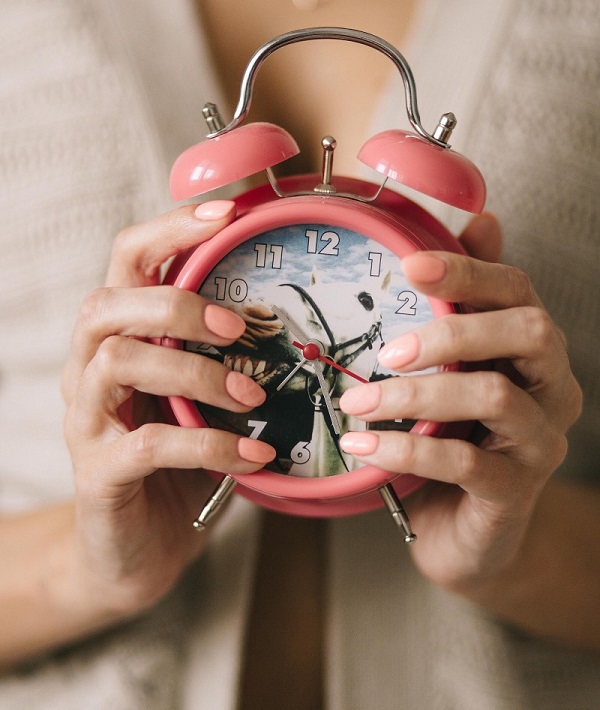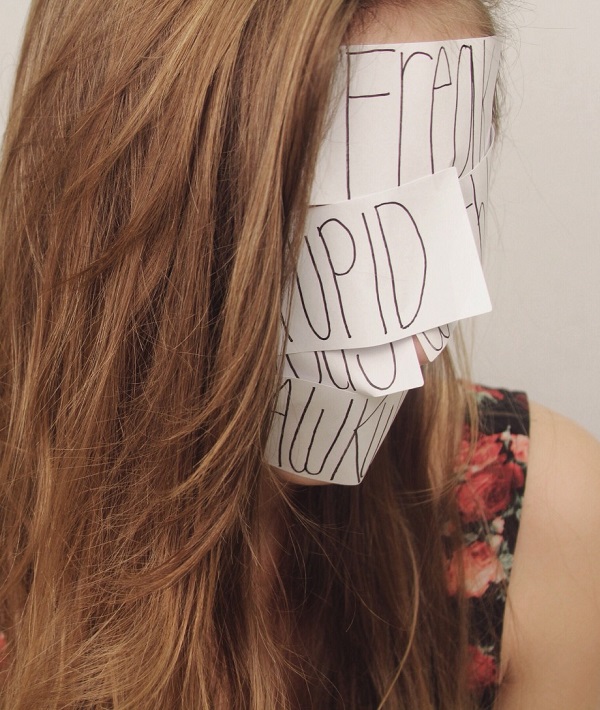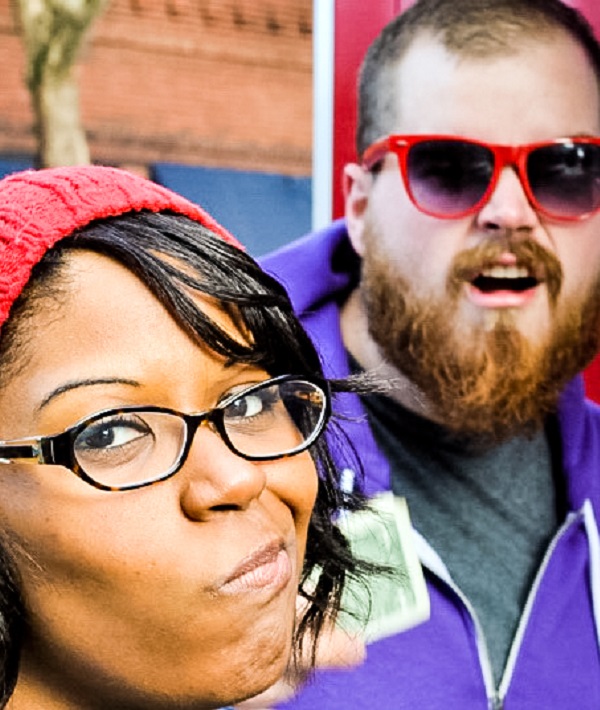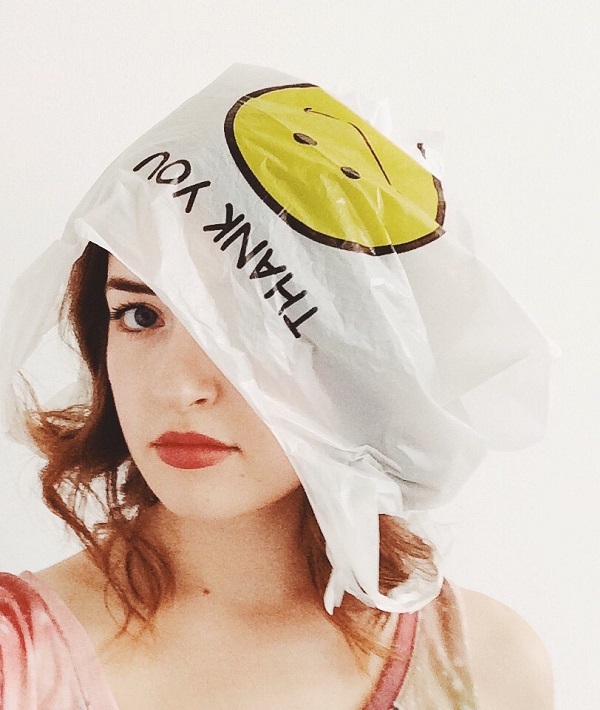
Ha ... ha ... ha ...

Did you know April is National Humor Month? While the idea for a month of laughter was conceived to honor the healing power of humor, it doesn't mean everyone who participates is actually funny. In fact, some people are so bad at telling jokes, they actually ruin the moment (or day, if they're really terrible). In honor of the month, we're taking a look at the top 18 reasons why some people's jokes just aren't working. Keep reading to see if you're committing one of these faux pas of funny.
You're being annoying

Being funny is a delicate dance. If you're feeling silly and playful, sometimes it's easy to cross the line of actual humor and become full-blown annoying. An easy way to avoid this is by paying attention to other people's reactions and body language. Are they withdrawing from you, complaining, or do they seem agitated by your behavior? Take a cue and back off. Your giddy mood isn't an excuse to disrespect other people's boundaries.
You don't know your audience

What makes something funny is a shared reality. Humor only works when the listener can relate to what you're saying. Joking about the pains of going to private school to someone who didn't have such a privileged upbringing, or about your favorite childhood TV show to someone who grew up in a foreign country will likely result in a joke that falls flat.
Your timing's off

It's a safe bet that there are certain times in life you should not attempt to tell a joke. At a funeral, while in the classroom, during a disaster or when someone's getting laid off are all scenarios where you should probably save your witty repartee. Much like understanding your audience, understanding the right time to tell a joke is pivotal to getting a laugh.
You're being mean

Are your jokes directed at someone's physical appearance, ethnicity, nationality, religion, economic status, religion, education or lifestyle? While you may think the jokes are perfectly funny, chances are others will find them hurtful, offensive and cruel. Avoid humor that demeans someone else, as it's not a joke, it's bullying.
You're inflexible

Have you ever told a joke that someone didn't understand, so you tried to explain it, but only grew more irritated as your listener still didn't get it? We hate to break it to you but that's not their fault, it's yours. Being inflexible while trying to make someone laugh is a sure-fire way to make your joke fall flat. Not everyone finds the same things funny, so lighten up and be willing to adjust in order to keep the good times rolling.
You're trying to be cool

People can spot a poser a mile away. When your humor is a front to try to look cool, it's going to be a major turn-off to your audience. Relax, stop trying to stand out and just let your humor flow naturally. People are more receptive when the person making them laugh is down-to-earth and real.
You're trying too hard

Much like those who try to look cool (or are inflexible), people who try too hard to be funny can come across as obnoxious. Slapstick humor, including strange voices and funny faces, can work for some people (like Jim Carrey) but for others, it comes across as forceful and inauthentic. Put the act aside and stop trying to push your jokes. If you're funny, it will happen without all the effort.
You forgot the punchline

If you know you're forgetful, for the love of all things funny, please stop trying to tell jokes that have a dedicated punchline. Nothing ruins a good joke faster than forgetting how it ends, leaving your audience hanging and you looking silly.
Your joke's not fully formed

Experiencing something funny and being able to translate that into an actual joke or hilarious story takes more thought than you may realize. Make sure to fully flesh out what you're going to say (and how you're going to say it) beforehand. Otherwise, you may end up not making sense or being able to connect the dots to make your joke work.
Your joke's too complicated

Not everyone can laugh at everything. A great joke resonates with people because they understand the concept and can laugh at the shared experience or idea. If you're telling a joke that references something you know but others don't, chances are they're simply not going to get it. Complicated ideas can be funny, but usually only to those who understand the basis of them to begin with. In the world of humor, remember to KISS: keep it simple, silly.
You go off track

We're just going to say it (because you won't): Get to the point! Telling a joke shouldn't involve syntactical circles that trail off into unrelated stories. Jokes have a beginning, a middle and an end—that's it. If your jokes require you to reflect on your childhood, explain the argument you had with your spouse last week or leave people asking questions for clarity, chances are you're veering off topic and need to get back on track.
Your jokes take too long

As with going off track, taking too long to tell a joke is also a major no-no. Are people yawning, rubbing their glazed eyes or otherwise looking like hostages while you tell a long-winded story with the pretense that it's "really funny"? Read their cues and speed it up. If you've lost your audience's interest by taking forever to tell a joke, you're definitely not going to get the laugh you were hoping for.
Your material's old

We're not being ageist (because grandparents can be hilarious) when we say that old, stale jokes need to go. If you're telling material that was funny a decade ago, chances are you're not going to get a laugh. Remember how fast "that's what she said" took hold? Every teen and their mom were saying the line and getting a laugh. Try it today and you're likely to get an eye roll. Why? Because it's old and, most important, super lame.
You overshare

Self-deprecating humor is a way of making fun of yourself to get a laugh. While occasionally making yourself the butt of your own jokes is fine (as long as you know the difference between joking and reality), over-exposing yourself for the sake of being funny isn't. People really don't need to hear about your bowel movements, menstrual cycle, sexual fetishes and quirky pimple-popping habits to find you funny.
You're making yourself look bad

Oversharing is one thing, but painting a terrible picture of yourself in order to get a laugh is another. Let's be real, most people aren't perfect but there's a fine line between finding humor in your uniqueness and straight up making yourself look like a threat to animals and small children. Side note: If you're actually a danger to society, please refrain from making jokes and seek immediate professional help.
You're stealing someone else's thunder

We all have that friend or family member who's naturally hilarious, whose every word seems dipped in comedy gold. It's only natural to want to jump in and ride their humor wave, but if you truly want to get a laugh, don't. Sliding in on someone's comedy coattails makes you look desperate for attention. Unless you're even funnier than the person whose spotlight you're trying to steal or have a prepared two-part act (both doubtful), step back and let them have their moment.
You're too serious

While having a flat affect can work for some styles of humor (think of Ben Stein's monotone hilarity), in many scenarios it's hard for people to know you're joking if you don't give any physical cues. A smile, a laugh, a wink or even a change of voice are helpful indicators that you're actually being funny and not just a jerk. Take extra care if you're prone to sarcasm, since what you're saying may sound completely serious to those who aren't in the know.
You're just not funny

If, after going through this entire list, you still find you're not getting a laugh, the cold, hard truth might just be that you're not funny. The good news is that this is a curable condition remedied through observation, study and practice. In fact, there's even a great Ted Talk about why we laugh that can help give insight into how humor works in the first place. Don't give up. To make others laugh is a gift of momentary joy, and we should all be searching for ways to do that more often.




